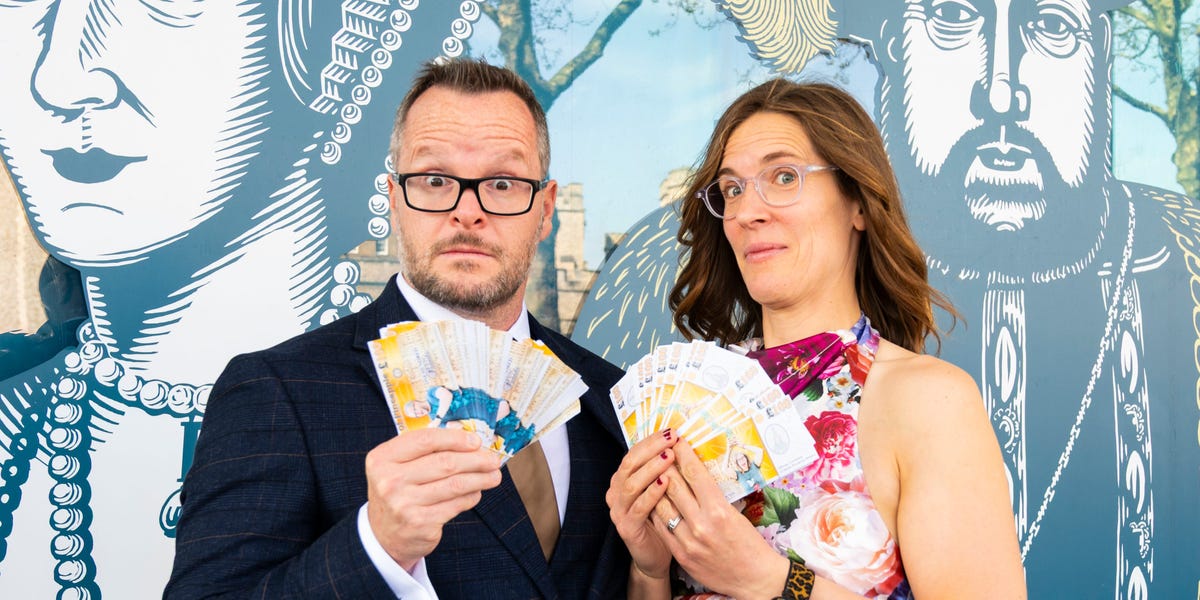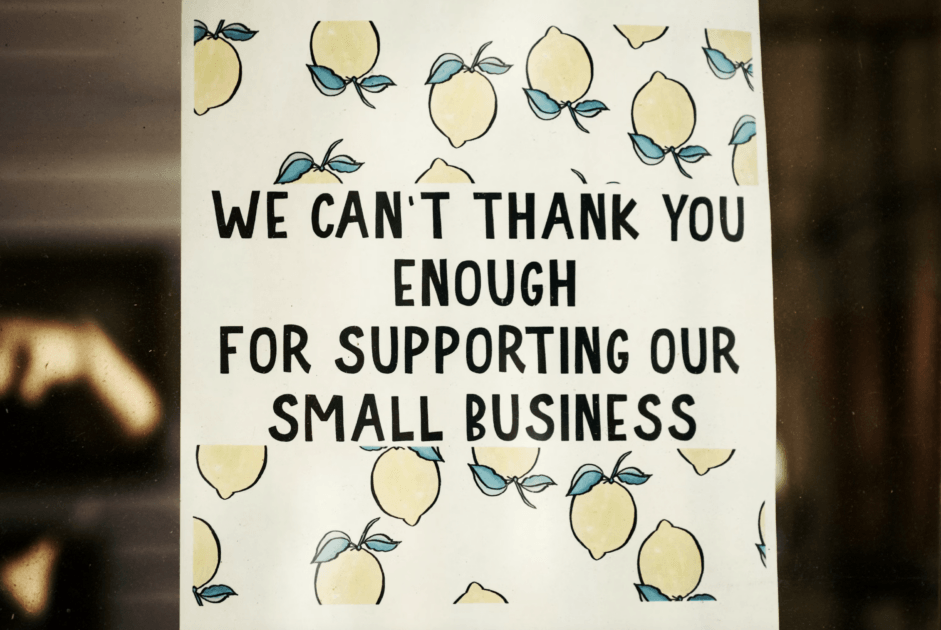This as-told-to essay is based on conversations with Katie and Alan Donegan, who retired at 35 and 40, respectively. The couple is originally from the UK and has been nomadic since 2020. The essay has been edited for length and clarity.
Alan: Katie and I retired in 2019 and have been running financial independence workshops around the world since. One of our biggest time commitments is a free 10-week course that we run each year as we travel, teaching people the basics of saving and investing.
Katie: When you’re on your journey to financial independence and early retirement, there are all these booby traps. Some are set up by companies, and some by society.
Here are five traps we’ve fallen into ourselves or continue to see people fall for all the time.
1. Hiring professional advisors
Katie: One common mistake people fall into is not making investment decisions themselves. This comes from a fear of getting it wrong and thinking, “I don’t know what I’m talking about.”
Instead of learning, they just hire professional advisors, which they don’t need. It’s a double whammy because these advisors charge high fees and also put your money into overly conservative investments like bonds alone.
Alan: Even a 1% fee paid to a professional can add up to hundreds of thousands of dollars, which means delaying your financial independence. Katie originally invested with a very high-fee advisor. We worked it out later and realized that if we hadn’t switched to low-cost index funds, we would be over a million British pounds worse off.
2. Speculating instead of investing
Alan: A lot of people confuse speculation with investing. Investing is buying an asset that creates a return, such as a rental property or a stock from a business that is trading.
Speculation is buying something with the hopes that you can sell it for more later. There is a big trend of buying whiskeys, or people going crazy about buying Lego. They just pray that prices go up but some of these items cost money to store and look after. So it really is a gamble.
If you buy Apple stock, there are thousands of employees, stores everywhere, and people buying and producing the phones. You’ve got a trading business, whereas whiskey does nothing.
3. Trying to time the market
Katie: People say things like, “The stock market is too high, I’m scared to invest. The stock market is too low, I’m scared to invest.” People will take anything that is happening and use it as a reason to time the market and procrastinate their investing.
Alan: This means your money doesn’t get invested, and in general, you lose out if your money’s not invested. People read headlines about market crashes and forget that there will still be trading companies that will still make money, because people still need to buy things like vegetables.
Katie: There’s a phrase that goes “time in the market is better than timing the market.” Of course, there’s going to be lucky moments where you could have timed it differently, but you can’t know that.
Alan and Katie Donegan
4. Not knowing how to wait
Katie: Investing is not entertainment. Once you have found your index funds and automated your investments, go to the cinema, go out, and live your life.
In the financial independence community, it’s called the boring middle, where the work is done, and the only thing left to do is wait. This is when people are tempted to check their portfolios constantly and lose sleep.
But the boring middle is when you do the fun stuff — working on your health and your happiness so that when you do have that financial freedom, you’re a well-adjusted, healthy human who can do something useful with all your free time.
5. Chasing outperformance
Alan: Many people tell us that investing in an index fund yields average returns. We say average returns are amazing because they’re actually better than 90% of other investments.
But people don’t like getting average returns or don’t want to be average people. So they run after outperformance, chase all these terms like alpha and beta, and get really into picking stocks, which in general always leads to underperformance. So, for us, we keep repeating, “average is extraordinary.”
Katie: This is more common among people who discover financial independence in their 40s or 50s. They try to make up for lost time by making huge, risky investments like meme stocks, crypto, or other crazy investments that they think will produce outsize returns.










